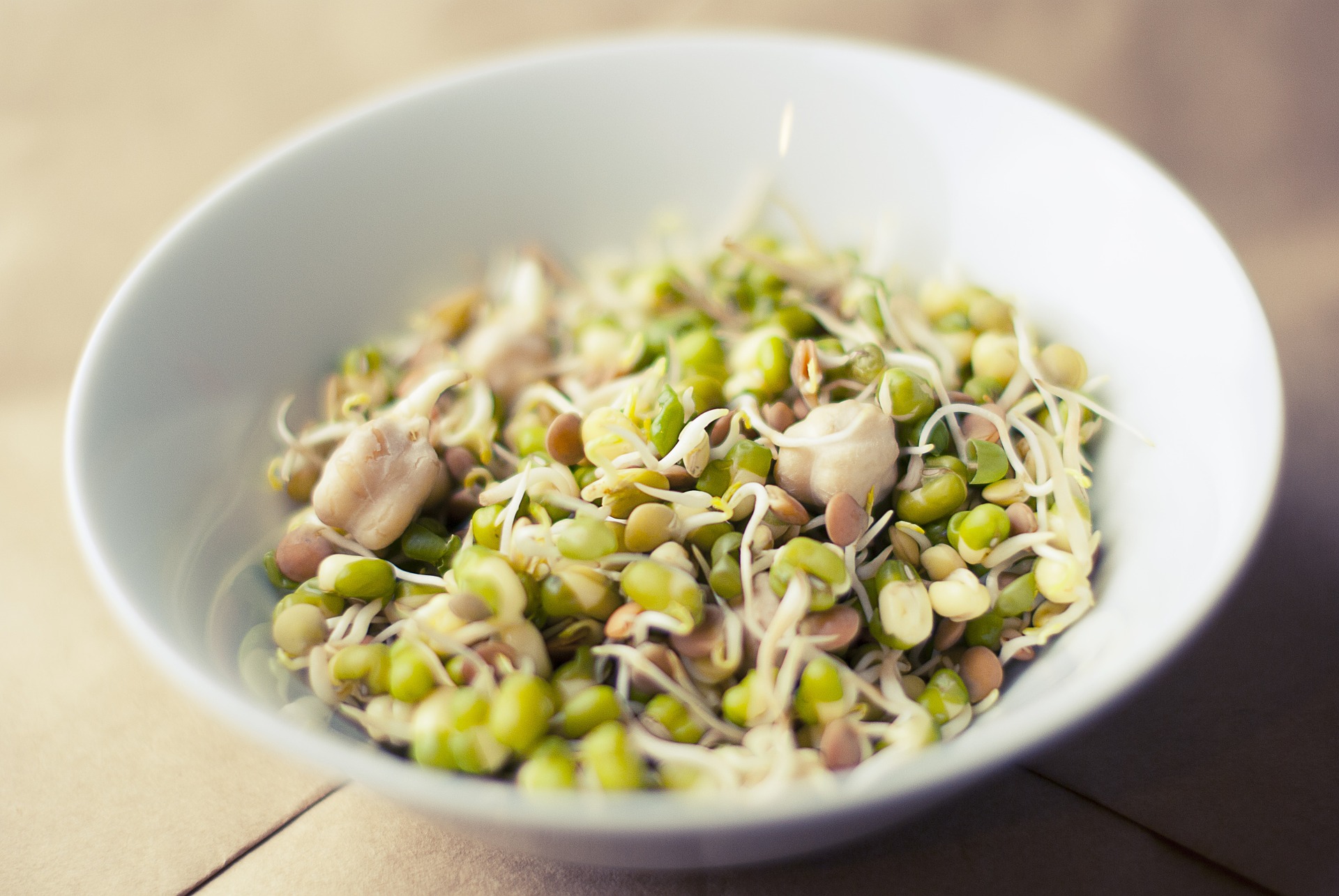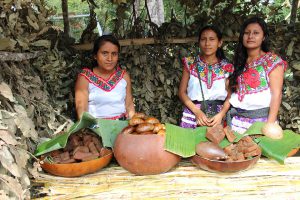There are 34 known physical and emotional side effects of menopause in our Western society. The most common ones are hot flashes, night sweats, mood swings, vaginal dryness, memory loss, fatigue, weight gain, irritability, and hair loss.
The average Western diet is full of processed foods, sugar, caffeine, dairy products, and alcohol, which contribute to the side effects observed through menopause. The general recommendation to treat menopausal side effects is to take hormone replacements or quietly suffer through them.
When I started menopause five years ago, I had to adjust to the new me: hot flashes, night sweats, migraines, weight gain, flabby skin, rounder face, and less energetic workouts. But, mostly, I thought, “Thank god, no more menstrual cramps, fear of unwanted pregnancy, and purchasing feminine products! This is pretty darn good.”
Global Menopause Perspectives and Cultural Variations
I was curious about how women in other cultures experience menopause. What side effects are they dealing with? What foods do they eat to influence their menopause symptoms?
 India
India
In 1970, the anthropologist Marcha Flint studied 483 women in India and found that most complained of no symptoms during menopause other than menstrual changes. The Indian diet is plant-based, with a high intake of phytoestrogens. It is theorized that hot flashes and other menopausal symptoms rarely occur in cultures where people consume a predominantly plant-based diet. Increasing the intake of dietary phytoestrogens helps decrease hot flashes, improve the maturation of vaginal cells, and inhibit osteoporosis [Encyclopedia Of Natural Medicine, Michael T Murray MD Joseph L Pizzorno ND].
Japan
Margaret Lock noted in her review work “Encounters with Aging: Mythologies of Menopause in Japan and North America” that Japanese women experienced fewer hot flashes than their North American counterparts and, simultaneously, shoulder stiffness was the most reported symptom. It is interesting to note that the Japanese language does not have an equivalent word for the English phrase “hot flash,” which might indicate the unimportance of this symptom. Additionally, the Japanese diet incorporates high amounts of soybean products, which may explain why Japanese women tend to suffer less from hot flashes and menopausal symptoms than women in other countries [Womans Encyclopedia Of Natural Healing, Dr. Gary Null].
Mexico
The ancient Mayan women from Mexico experienced menopause around the age of 44. The Mayan diet consisted of corn, beans, tomatoes, squash, sweet potatoes, radishes, and other vegetables, with very little meat and no dairy products. It was deficient in animal products and general fat [Eat Right Live Longer, Neal Barnard MD]. The Mayans’ all-natural, plant-based diet contributes to fewer menopausal side effects.
What are Phytoestrogens?
“Phyto” is from the Greek phyton, meaning plant. So phytoestrogen is a naturally occurring plant nutrient that exerts an estrogen-like action on the body. Scientists have discovered hundreds of phytoestrogens, including soybeans, whole grains, seeds, nuts, and many herbs.

It was interesting to learn that the cultures observed focused on a plant-based diet rather than chemical supplements to help them deal with the side effects of menopause. Their diet is void of processed foods and filled with abundant vegetables, fruits, and grains. In addition, theyaps they unintentionally ate many of the phytoestrogens available to them in their environment.
Things You Might Want To Know About Phytoestrogens!
Phytoestrogens are naturally occurring plant compounds similar in structure to estrogen, a hormone produced in the human body. Here are some facts about phytoestrogens:
- Sources: Phytoestrogens are found in a wide variety of foods. The most significant sources are soy and soy products, like tofu and soy milk. Other sources include flaxseeds, sesame seeds, whole grains, lentils, beans, fruits, and certain vegetables.
- Types: The three main types of phytoestrogens are isoflavones (found in soy products), lignans (found in flaxseeds, whole grains, and some fruits and vegetables), and coumestans (found in split peas, pinto beans, and lima beans).
- Effects on Health: Research on the health effects of phytoestrogens is ongoing, but these compounds may have several potential benefits and risks.
- Potential Benefits: Some studies suggest that phytoestrogens may help reduce symptoms of menopause and lower the risk of heart disease, osteoporosis, and certain types of cancer.
- Potential Risks: In some cases, high levels of phytoestrogens may have adverse effects, especially if consumed in large amounts over a long time. For example, they may interfere with the function of hormones in the body due to their similar structure to estrogen.
- Menopause: Phytoestrogens are often used in dietary supplements marketed to reduce menopausal symptoms like hot flashes and night sweats, although research results are mixed. Some studies have found fewer symptoms with phytoestrogen supplementation, while others have not.
- Considerations: While phytoestrogens may have potential health benefits, they should not replace medications or other treatments your healthcare provider recommends. If you are considering phytoestrogen supplementation or significantly increasing your intake through your diet, it’s essential to discuss this with your healthcare provider.
Please note that the effect of phytoestrogens can vary greatly depending on individual factors such as overall diet, the specific types of phytoestrogens consumed, and the person’s age, health status, and gut microbiota composition.
If you’re looking for ways to include more phytoestrogens into your diet, consider trying some of the following: soybeans and soy products, tempeh, flaxseed, sesame seeds, wheat berries, oats, barley, beans, lentils, yams, rice, alfalfa, mung beans, apples, carrots, pomegranates, wheat germ, and rice bran.
Do you want help to feel more energized and stay lean through menopause and beyond? Check out my free Intermittent Fasting cheat sheet.

